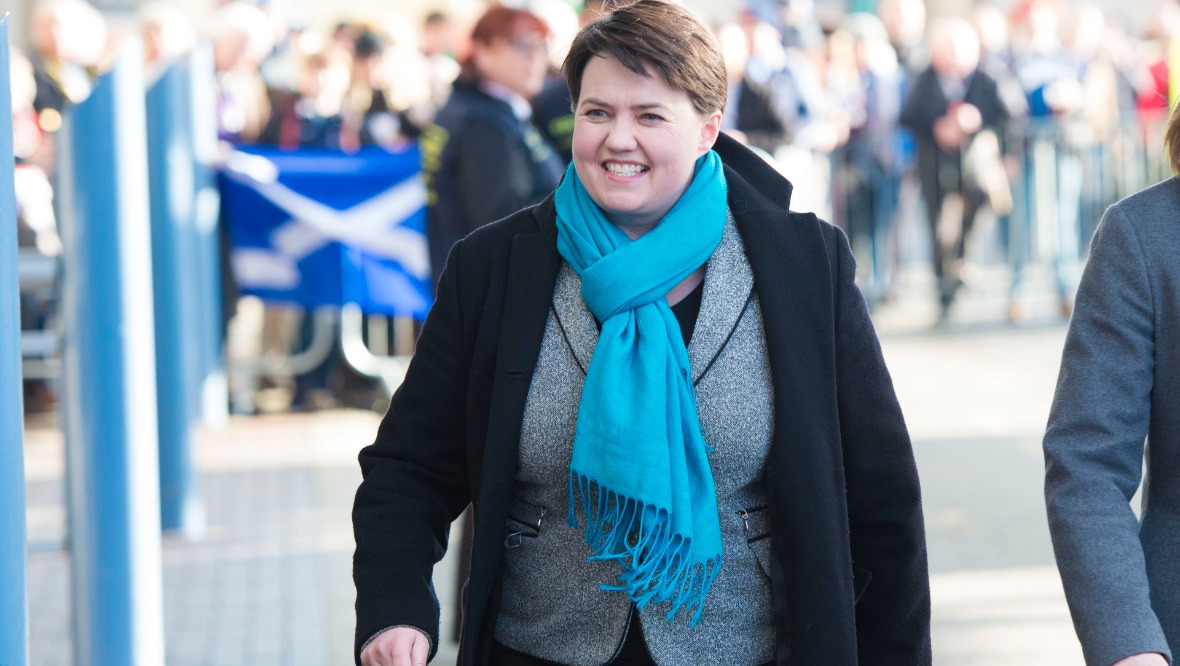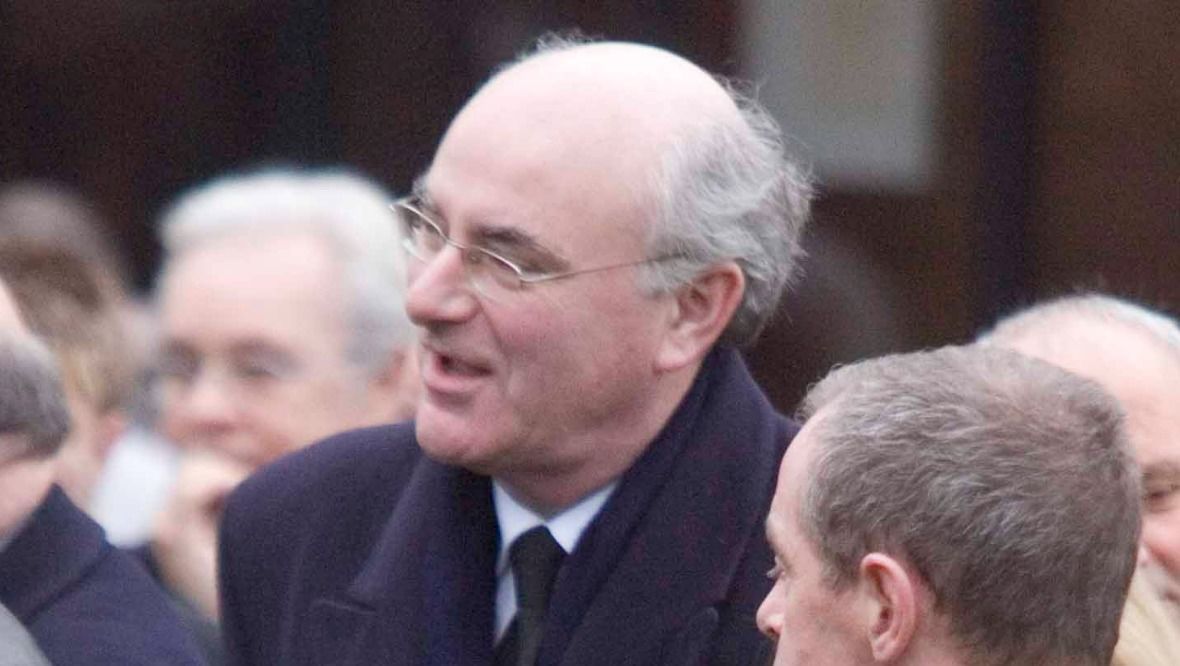They are the Scottish Conservative and Unionist Party – but just how Scottish are they and what exactly are they for?
Does their unionism constrain just how Scottish they can be to the extent that they are no more than a branch office of the party in London?
A little history brings a measure of perspective. In 1955, they polled 50% of the popular vote. In an age of deference, a large section of the working class flocked to the Tories. The party of Anthony Eden and Harold MacMillan stood for the idea of ‘One Nation’ and a belief that politicians should govern for all and not sectional interests.
Back then, the Tories built council houses. In fact, they built hundreds of thousands of them in the UK as a response to the post-war housing crisis. They embraced state intervention when necessary and accepted the market had its limitations.
 SNS Group
SNS Group‘Butskellism’ was a term that was coined to point to the narrow differences in approach between Tory chancellor Rab Butler and Labour leader Hugh Gaitskell.
The post-war consensus on the state as an enabler was shattered by Margaret Thatcher, an ideological Conservative who cut back on trade union immunities, privatised state industries, liberalised markets and cut taxes. It was a full throttle assault on the pervasiveness of the state, or ‘socialism’ as she would call it.
So what does this have to do with the Scottish Tories? Quite a lot actually. The One Nation Tories and the Thatcherites had different but clear philosophical approaches to politics. Their principles were discernible and you had a clear sense of where you stood with them.
After 22 years of devolution, it is hard to define the philosophical approach of the Scottish Conservative and Unionist Party.
To be fair, managerialism doesn’t just affect the Tories. Labour-Liberal administrations were marked by pragmatism than by the pursuit of ideological holy grails and despite the Tory critique of the SNP, Nicola Sturgeon’s government has yet to taste, nevermind serve, the red meat of socialism.
The general approach of all of the parties in the devolved era has been distinctly conservative. There has been no radical overhaul of the state. Vested interests still drive much of ministerial attitudes. Politicians live by the motto, ‘thou shalt not be unpopular’.
The reason why the Scottish Tories should feel embarrassed by this state of affairs is that the parties of the centre-left will always tilt to the status quo in Scotland, particularly when they see it as their mission to defend the state, imperfections and all.
 SNS Group
SNS GroupIn the devolved era, Tory leaders have lacked a radical cutting edge. David McLetchie was pretty right wing and yet he appeared apologetic. Annabel Goldie kept the show on the road by smothering the body politic in reasonableness. Ruth Davidson is defined more by her presentational skills than ideological anchors. And where fits Douglas Ross in the firmament?
Your guess is as good as mine.
‘Feart to think’
The post-2014 electoral revival was born out of a frustration by many voters on the No side of the constitutional question. Independence has somewhat ironically been good for the Tories, endowing them with an electoral boost. Those voting for them are not necessarily instinctively Conservative.
Outwith providing a safe house for hardline unionists, what is their purpose? Where are the big ideas that dismantle a status quo defined largely by the left? It’s almost as if they are feart to think.
Does Douglas Ross strike you as a radical thinker with a blueprint to fundamentally alter Scotland? I doubt it. Like most politicians now, he is a safety-first man who dances on a narrow stage where few dare march either to the right or left.



























